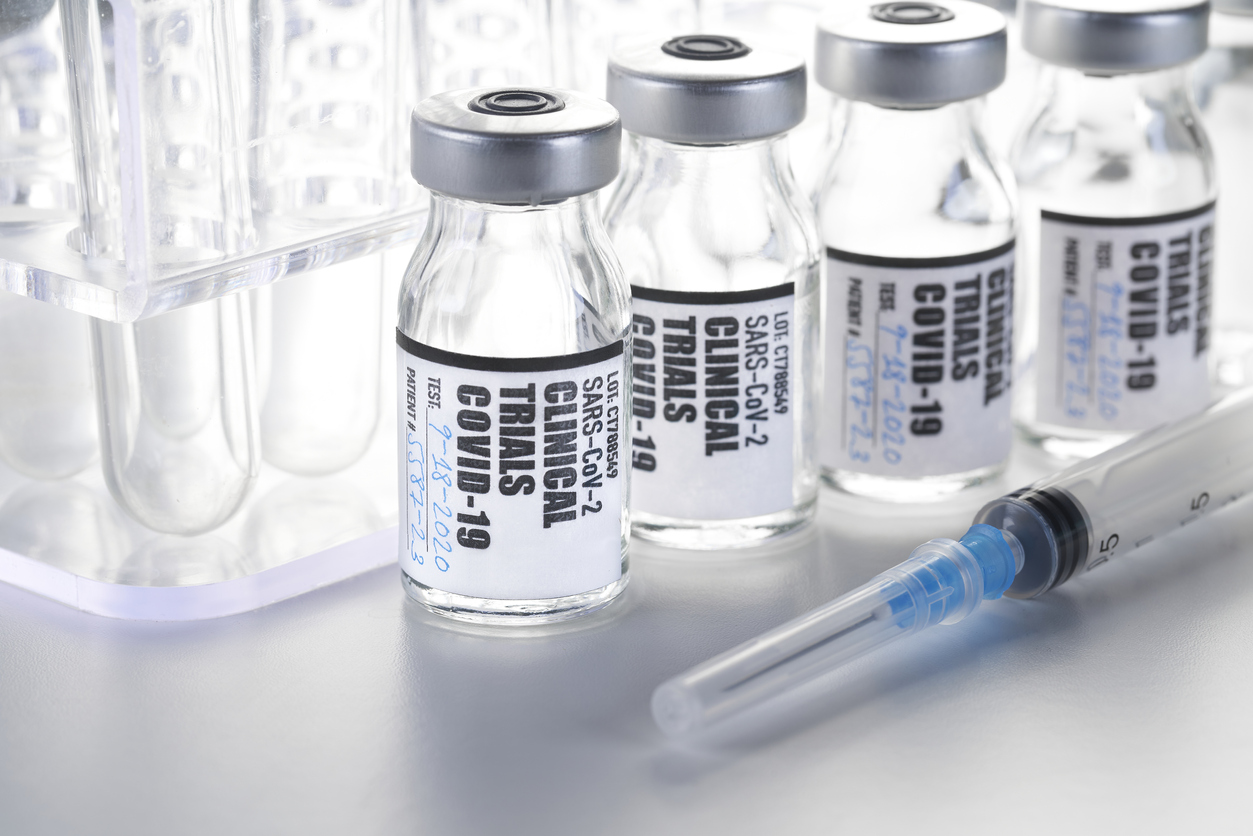
A team of scientists at Massachusetts General Hospital (MGH) has conducted one of the first comparisons of how effectively each of the three COVID-19 vaccines authorized or approved in the United States stimulates a protective immune response against the virus. This study, published in the Journal of Infectious Diseases, also includes an analysis of data from several other studies on how well each vaccine guards against breakthrough cases of COVID-19, or infections that occur in people who have received the inoculations.
COVID-19 vaccines work by "teaching" the body's immune system to detect the presence of the coronavirus and respond by producing protective antibodies that neutralize it, known as immunogenicity. The three COVID-19 vaccines available in the U.S. are informally known by the names of their manufacturers: Moderna, Pfizer, and Johnson & Johnson/Janssen. Moderna and Pfizer are administered as two-dose regimens, while Johnson & Johnson requires only one dose. Although there are differences in dose and mechanism of delivery between the three vaccines, each targets the "spike" protein on the SARS-CoV-2 strain of COVID-19 that was originally isolated in Wuhan, China.
"We wanted to know how much anti-spike antibody people make when they receive each vaccine," says the study's senior author, John Iafrate, MD, Ph.D., vice chair of Pathology at MGH. To find out, Iafrate and his colleagues studied blood samples from 215 healthy adults from Chelsea, Massachusetts, and the MGH Vaccine and Immunotherapy Center, which is directed by Mark Poznansky, MD, Ph.D. Each adult had received one or two doses of vaccine at least one week earlier. The researchers also analyzed blood samples from a group of adults who were unvaccinated and not infected with COVID-19, and another group of adults who were unvaccinated and recovering from infections.
Read more...







